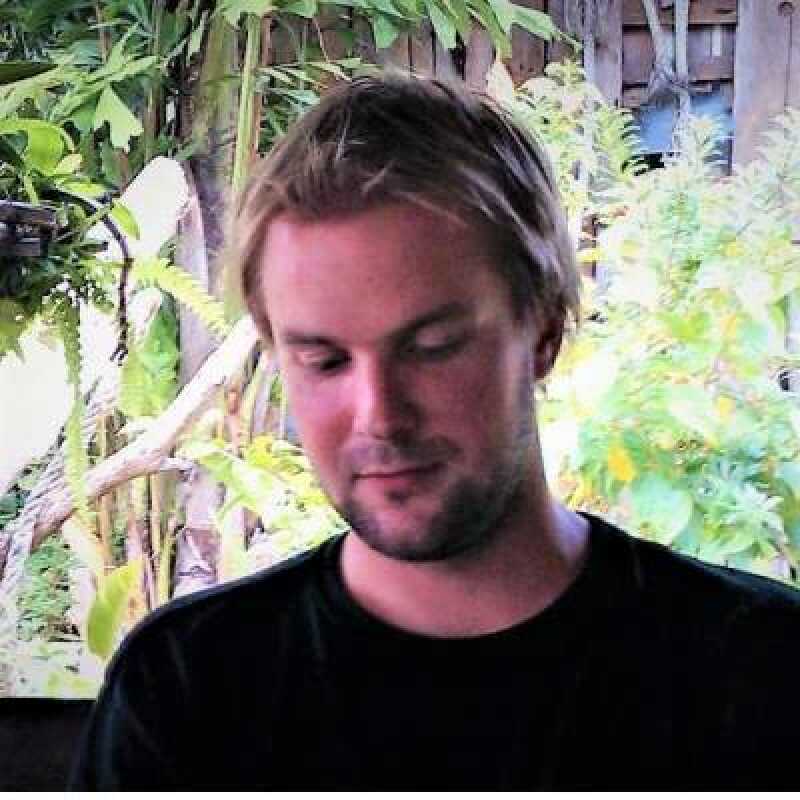- University of Kent
- School of Computing
- People
- Riku Ihalainen


I began my PhD in Computer Science in October 2017 under the supervision of Dr Srivas Chennu and Professor Howard Bowman. Currently, I work mainly with high-density EEG signals (electroencephalogram) obtained from participants either under general anaesthesia or from patients suffering from disorders of consciousness as a result of brain trauma.
Generally speaking, one can derive several different measurements from the EEG describing, for example, how active the brain is at some particular location or electrode(s), or how strongly connected some specific areas or electrodes are with each other.
In my work, I focus mainly on the latter in terms of both functional connectivity (dwPLI) and effective connectivity (as measured with dynamic causal modeling). The aim is to illuminate further the underlying mechanisms, and some of the known correlations that exist between brain connectivity and human consciousness. Furthermore, I am investigating if – and to what extent – such connectivity measures may have practical value: for example, predicting general states of consciousness, recovery outcomes, or variables driving susceptibility for general anaesthesia, and moreover, how much the two connectivity types differ from each other in this context.
I am a member of the following research groups:
Coming from the background of Cognitive Neuropsychology, I am absolutely intrigued (and baffled) by the phenomenon of consciousness, and my research focuses on further illuminating some of the correlations that exist between brain connectivity and consciousness. However, I do have a broad spectrum of interests: statistics and statistical analysis, altered states of consciousness (sleep, lucid dreaming, psychoactive drugs, neural atypicality), neuroimaging methods in general, computational methods and specifically the crossroad between CS and brain-research, artificial intelligence and neural networks, brain-computer interfaces, decision making (free will) and its underlying mechanisms, music cognition, and creativity – to name a few.
CO322 – Foundations of Computing I
CO336 – Healthcare Computing
CO555 – Computer Science Topics in Health
CO662 – Signal Analysis for Computing
CO662 – Signal Analysis: lecturing on Statistical Analysis
Loading publications...
Showing of total publications in the Kent Academic Repository. View all publications